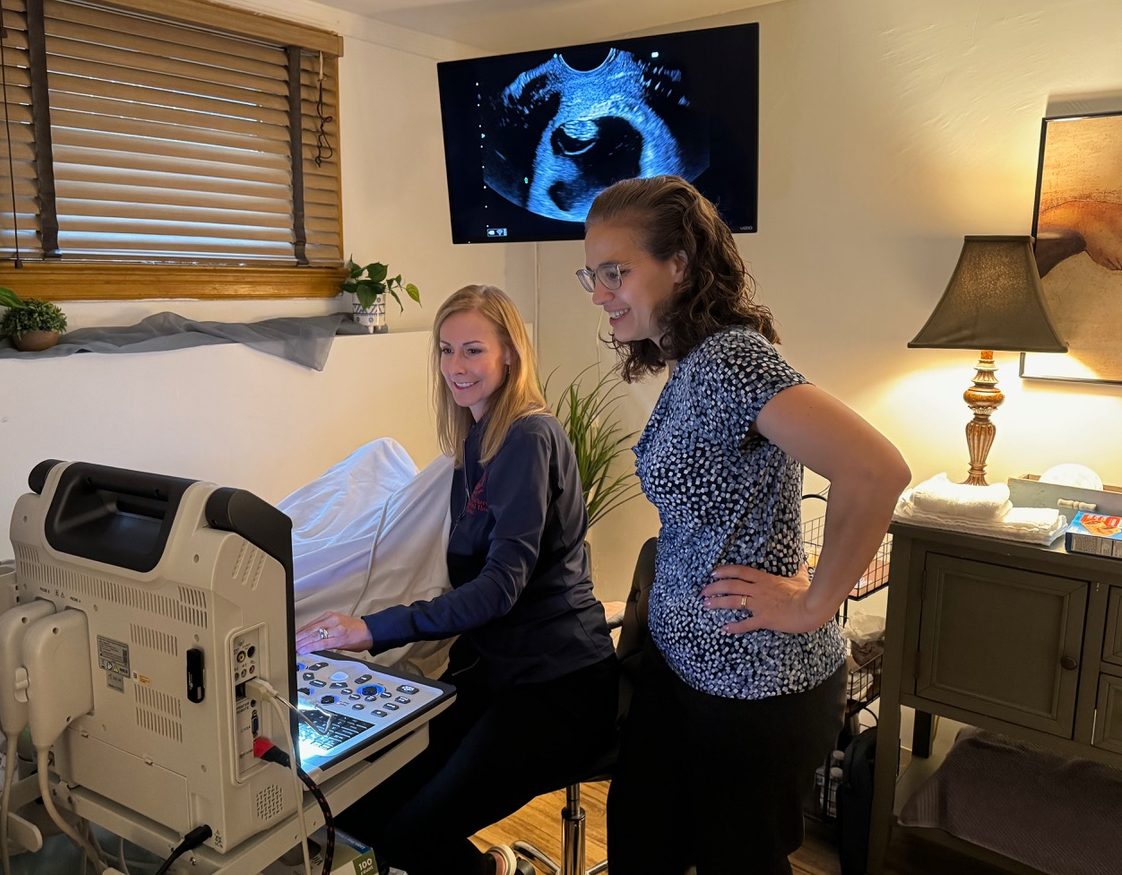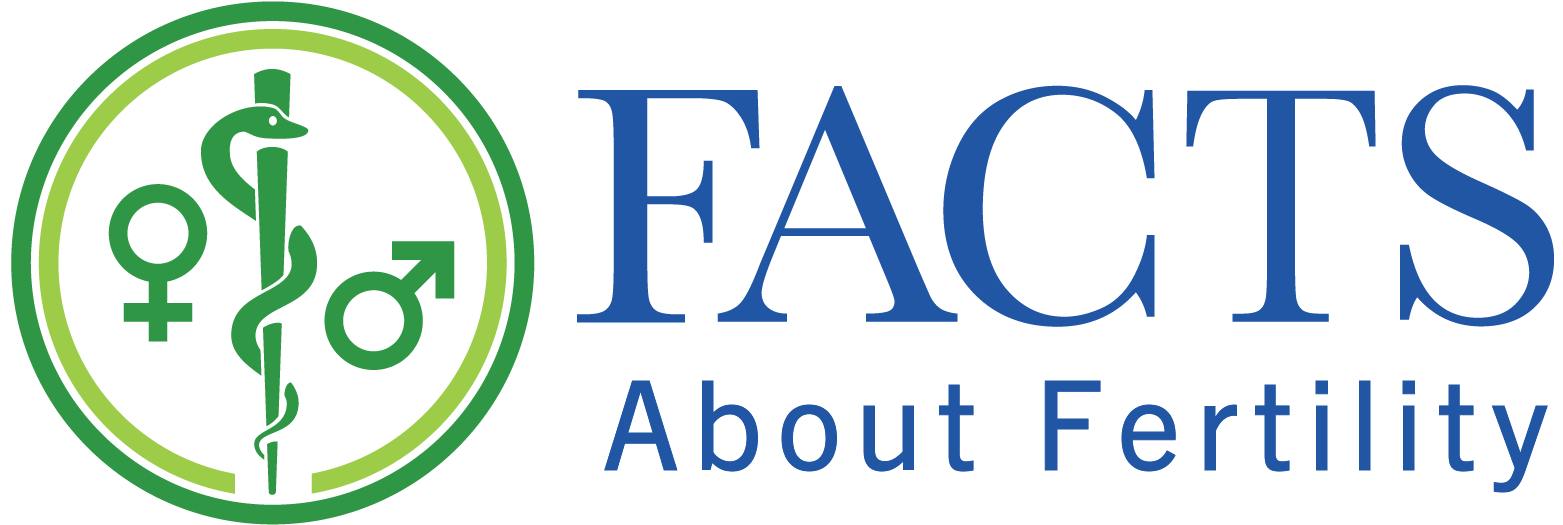By: Dr. Marguerite Duane and Natalia Rodriguez
Director’s Note: At FACTS, we envision a medical culture in which fertility is recognized as a vital sign of health and every community has a physician-led team trained in restorative reproductive medicine. To help us achieve this vision, please download and share this call to action to strengthen medical training in women’s health.
At FACTS About Fertility, we believe every woman and couple deserves compassionate, evidence-based medical care that supports their health, fertility, and unique stories. Recently, a national initiative was announced in the U.S. to lower cost and expand access to fertility care and, specifically, in vitro fertilization (IVF). The plan includes lowering the cost of certain IVF medications and making it easier for employers to offer fertility benefits.
While these steps will help some families, they do not address a key barrier for couples to receive essential fertility services — access to physicians trained to utilize the female cycle chart as a vital sign of health. As the American College of Obstetricians and Gynecologists (ACOG) noted in 2016, “by including an evaluation of the menstrual cycle as an additional vital sign, clinicians reinforce its importance in assessing overall health status.” [1] A comprehensive review published in 2025 explains how the female cycle meets the criteria for a fifth vital sign and describes its value to affirm health, promote wellness, identify pathology, and monitor response to treatment. [2]
Women can learn to observe and track the external signs or biomarkers of their cycles with fertility awareness-based methods (FABMs). [3] Medical professionals trained to interpret the female cycle chart can use this information to guide the diagnostic workup and develop an individualized treatment plan to address underlying causes of infertility. Once the root cause of a patient’s infertility is identified, a broad range of treatments that are safe, effective, and affordable can be implemented to correct the identified barriers to pregnancy. [4]

“Medical professionals trained to interpret the female cycle chart can use this information to guide the diagnostic workup and develop an individualized treatment plan to address underlying causes of infertility.”
Unfortunately, very few medical professionals are trained to empower women to know and understand their bodies — including the ovulatory-menstrual cycle — and provide comprehensive hormonal reproductive healthcare through a restorative, integrative approach.
Why This Matters
The female cycle chart serves as a vital sign of health. When women learn to observe and track external signs such as cervical fluid characteristics, basal body temperature, or urinary hormone levels, they are not only empowered to improve their fertility but are also using an evidence-based fertility awareness approach that creates a daily diary of their internal hormone patterns.
Many couples pursue IVF because of their deep desire to conceive and build a family. When seeking answers, these couples are often told IVF is the only option, but it is not. Better options exist that help people achieve pregnancy while restoring their health in the process.
While IVF seeks to bypass barriers to fertility using medications and invasive procedures to engineer embryos, restorative reproductive medicine (RRM) views infertility not as a disease but as a symptom of underlying health conditions. The goal of RRM is to restore normal reproductive function and facilitate natural conception by identifying and treating the root causes of infertility. [5]
“While IVF seeks to bypass barriers to fertility using medications and invasive procedures to engineer embryos, restorative reproductive medicine (RRM) views infertility not as a disease but as a symptom of underlying health conditions.”
Compared to natural conception, IVF carries increased medical risks for both mother and child, including ectopic pregnancy, preterm delivery, ovarian hyperstimulation, and higher rates of birth defects and perinatal complications. [6][7][8] Although RRM offers a safer alternative to IVF that treats infertility while caring for the whole person, more medical professionals need training in these evidence-based restorative methods — and that is where FACTS continues to make a difference.
What FACTS Is Doing
At FACTS, our mission is to educate current and future medical professionals about the evidence supporting fertility awareness-based methods and their clinical applications to restore reproductive and overall health — equipping them to deliver medical care that empowers patients and respects each person.
Through our educational offerings — medical electives for residents and students, CME courses, webinars, conferences, and clinical training programs — we are helping train a generation of physicians and other medical professionals who can:
- Identify and treat root causes of infertility and reproductive disorders in men and women in a cost-effective way
- Support patients with medical and lifestyle interventions that restore function, health, and wellbeing
- Offer fertility awareness education and patient-centered care across the reproductive lifespan
What This Means for Our Communities
The renewed national attention on fertility care is an opportunity to reaffirm our shared mission: to make reproductive healthcare more complete, compassionate, personalized and scientifically grounded. To provide such comprehensive care, we need more medical professionals trained to use the female cycle chart as a diagnostic tool to assess and manage common health concerns — such as polycystic ovary syndrome (PCOS), endometriosis, and inadequate ovulation — that can lead to infertility and other long-term consequences. When women learn to chart their cycles and work with physicians trained to interpret this data, they benefit from the individualized, evidence-based approach made possible through RRM.
The care of infertility requires compassion and an understanding of its significance in people’s lives along with thorough medical evaluation, treatment, and continuity of care. “Essential fertility services” must focus on providing comprehensive whole-person care that seeks to restore reproductive function and not simply bypass it via intrauterine insemination (IUI) and IVF techniques. To elevate the level of care for people with infertility and its underlying root causes, essential fertility services must include restoring the couple’s health. Integrative RRM accomplishes this by:
- equipping people with knowledge of their bodies through the use of modern, evidence-based FABMs,
- empowering women by teaching them to chart their biomarkers to create a visual tool of their daily internal hormonal changes, and
- training physicians to use these charts to guide the timing of hormone testing and imaging studies to diagnose root causes of infertility and develop a targeted treatment plan for each couple to restore reproductive health.
“‘Essential fertility services’ must focus on providing comprehensive whole-person care that seeks to restore reproductive function and not simply bypass it.”
The clinical approach and tools needed are already available for physicians to provide comprehensive evidence-based care of infertility and its underlying causes! After fifteen years, FACTS remains committed to bridging the gaps in medical professional education and training to fulfill this mission. Together, we can ensure that every community throughout this nation has physicians trained in RRM — fertility care that empowers women and couples and seeks to restore both fertility and overall health.
REFERENCES
[1] ACOG Committee Opinion No. 651: Menstruation in Girls and Adolescents: Using the Menstrual Cycle as a Vital Sign. Obstet Gynecol. 2015;126(6):e143-e146. doi:10.1097/AOG.0000000000001215
[2] Vollmar AKR, Mahalingaiah S, Jukic AM. The Menstrual Cycle as a Vital Sign: a comprehensive review. F S Rev. 2025;6(1):100081. doi:10.1016/j.xfnr.2024.100081
[3] Duane M, Stanford JB, Porucznik CA, Vigil P. Fertility Awareness-Based Methods for Women’s Health and Family Planning. Front Med (Lausanne). 2022;9:858977. Published 2022 May 24. doi:10.3389/fmed.2022.858977
[4] Duane M, Brown T. “Restorative Reproductive Medicine for Infertility: A Safe, Effective, Affordable Alternative.” | FACTS about Fertility, 27 Feb. 2025 https://www.factsaboutfertility.org/restorative-reproductive-medicine-for-infertility-a-safe-effective-affordable-alternative/ Accessed 2 Nov. 2025.
[5] “What Is Restorative Reproductive Medicine (RRM)? | International Institute for Restorative Reproductive Medicine.” International Institute for Restorative Reproductive Medicine, 20 Dec. 2024, iirrm.org/what-is-rrm/. Accessed 21 Feb. 2025.
[6] Bewley S, Foo L, Braude P. Adverse outcomes from IVF. BMJ 2011; 342: d436.
[7] Vergouw CG, Hanna Kostelijk E, Doejaaren E, Hompes PGA, Lambalk CB, Schats R. The influence of the type of embryo culture medium on neonatal birthweight after single embryo transfer in IVF. Hum Reprod 2012; 27: 2619–26.
[8] Hansen M, Kurinczuk JJ, Milne E, de Klerk N, Bower C. Assisted reproductive technology and birth defects: a systematic review and meta-analysis. Hum Reprod Update. 2013;19(4):330-353. doi:10.1093/humupd/dmt006
ABOUT THE AUTHORS
 Dr. Marguerite Duane
Dr. Marguerite Duane
Dr. Marguerite Duane, a Board-certified family physician, is co-founder and executive director of FACTS about Fertility, an organization dedicated to educating medical professionals and students about the science supporting fertility awareness-based methods (FABMs) and restorative reproductive medicine (RRM). She is an adjunct associate professor at Georgetown University. She is also an associate professor of restorative reproductive medicine and Director of the Center for Fertility Awareness Based Education and Research at Duquesne University’s College of Osteopathic Medicine. Dr. Duane cares for patients via a direct primary care house-calls based practice, MD for Life. She has served on the board of the American Academy of Family Physicians and the Family Medicine Education Consortium.
 Natalia Rodriguez
Natalia Rodriguez
Natalia Rodriguez is an educator and fertility awareness advocate. She holds a Master’s in Education Entrepreneurship from the University of Pennsylvania, a Bachelor’s in Business Administration from Universidad de los Andes, and a postgraduate degree in Marriage and Family Education from Universitat Internacional de Catalunya. With over a decade of experience in education program design, curriculum innovation, and entrepreneurship, she has worked across NGOs, the public sector, and higher education, including medical education. Founder of FAM Academy, she empowers women in Latin America with evidence-based knowledge on fertility awareness and hormone health, and collaborates with FACTS to train medical professionals in fertility awareness-based methods.
Inspired by what you read?
You can support the ongoing work of FACTS here. To connect with a member of our team, please email de*********@*****************ty.org. Interested in becoming an individual or organizational member? You can learn more and register here. To discuss with a member of our team, please email me*****@*****************ty.org.




